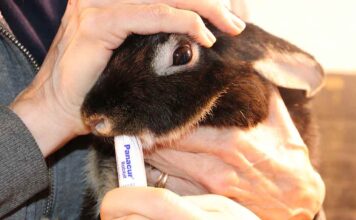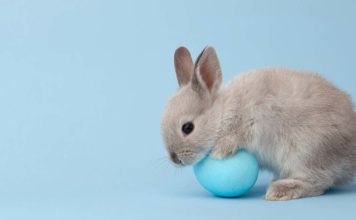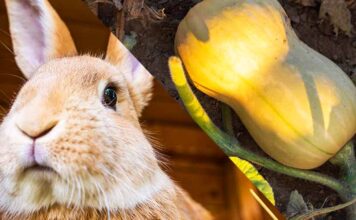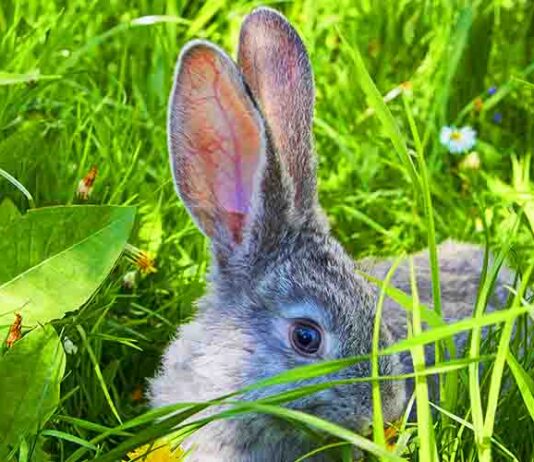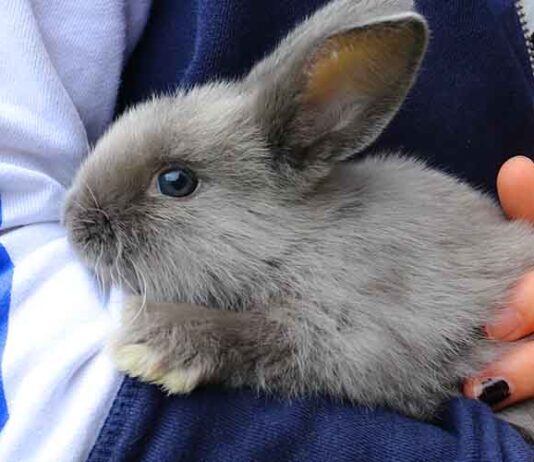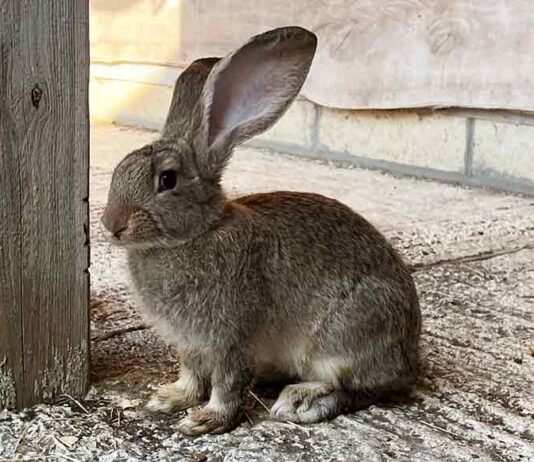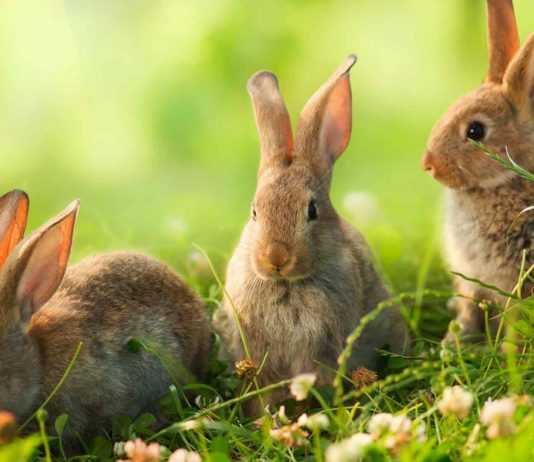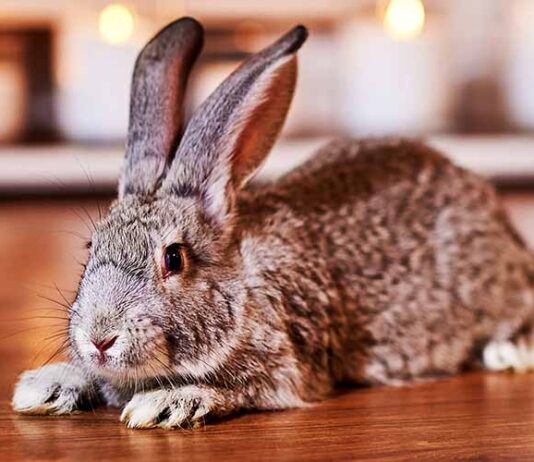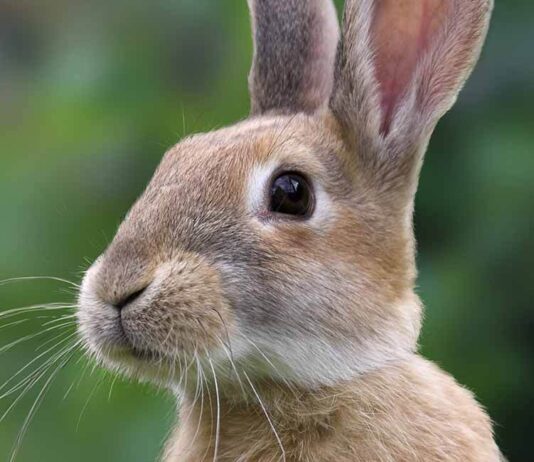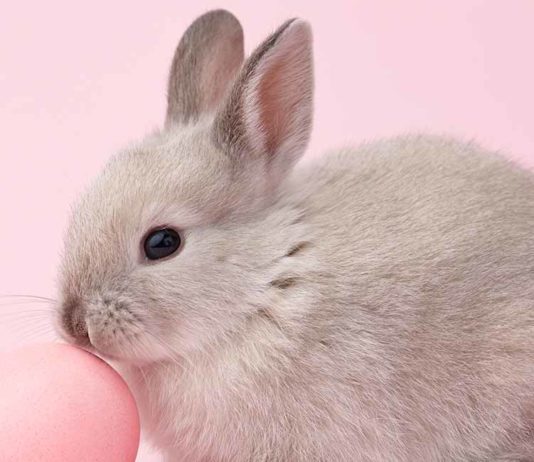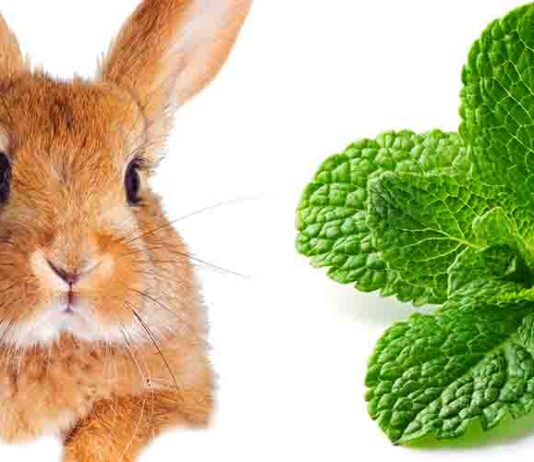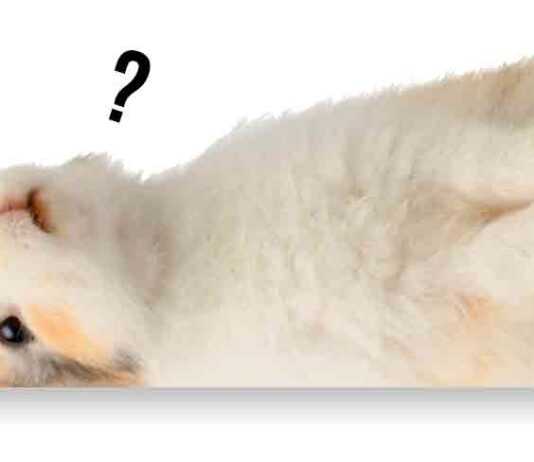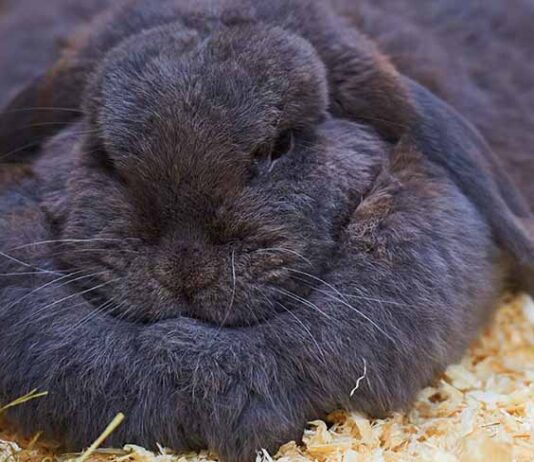Rabbits are hardly known for being noisy themselves, but how much sound from other sources can they actually register? What frequency can rabbits hear, and can they hear more or less than us? Well, bunnies' hearing covers a much wider range of frequencies than our...
The satin rabbit is one of my all time favorite breeds. From their sweet and docile nature to their semi-translucent, practically iridescent coat - this bunny is what my dreams are made of. And did I mention that they come in two different sizes? But...
How To Keep Rabbits Cool In The Summer: 10 Top Tips For Keeping Bunnies Safe In A Heatwave
Pippa Mattinson
Rabbits are very vulnerable to high temperatures. We are going to talk about how to keep rabbits cool in the summer, especially during a heatwave.
Top ten tips to keep outdoor bunnies coolWhat if my rabbit gets too hot?Why don't rabbits cope...
What do wild rabbits eat? It's tempting to feed a wild rabbit if you see one regularly, but they are pretty great at foraging and finding the right resources. Wild rabbits eat a range of things, depending on what's available in their location and at...
The Chinchilla rabbit is known for its supremely soft coat in crisp cool shades of gray. Their flecked coats give them a cute mottled appearance. The Chinchilla bunny started out as a single mixed-purpose meat and pelt breed, and ended up as three distinct breeds...
How long do rabbits live? Rabbit lifespan varies a lot. Average pet rabbit life expectancy is between 4 - 13 years. Some breeds live longer than others, and pet rabbits live longer than wild rabbits. Where your rabbit lives, breed, size, diet, nutrition,...
The best bunny names show off their cute, cheeky, curious and cuddly characteristics! Today we share lists of bunny names for every breed, from Giant Flemish Rabbits to Dwarf Lops. We share ideas and inspiration for coming up with your own unique rabbit...
Can rabbits eat mint, or is it bad for them? In this article we take a look at whether mint is a safe snack for bunnies, which bits of the plant are best, and how to make sure you don’t accidentally make your pet sick.
This article unravels the mysteries of the bunny flop - including why they do it, what it means about you, and what you should do about it.
What is a bunny flop?Why do bunnies flop?Why do bunnies flop on their side?How to...
Would you describe your bunny as a dewlap rabbit? This article is all about rabbit neck fat - which rabbits have it, why they get it, and how to make sure it doesn’t interfere with their health. Just some of the questions we’ll answer include:

